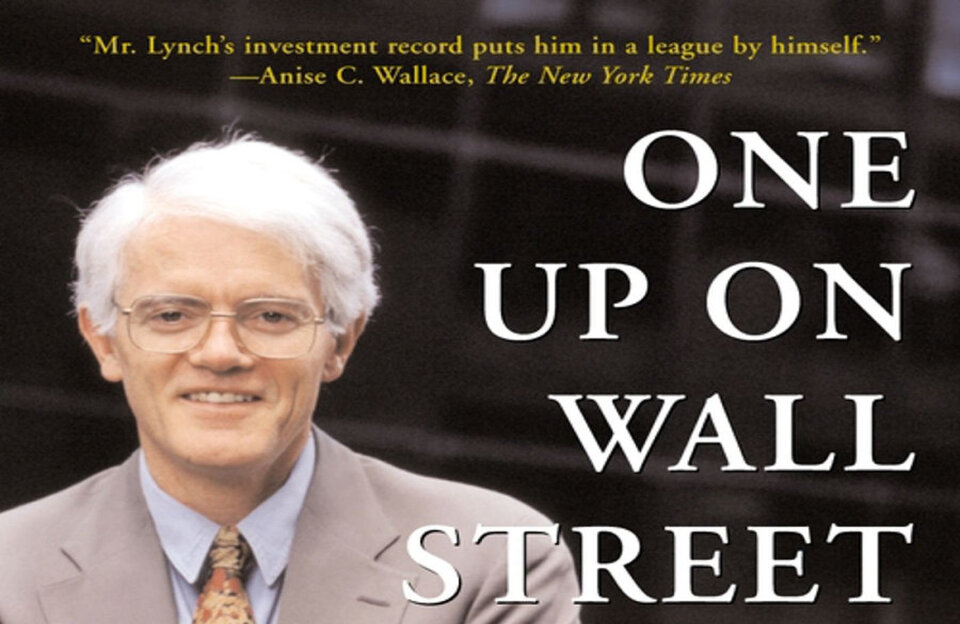Morgan Housel’s “The Psychology of Money” became an instant bestseller by revealing that financial success isn’t about being smart—it’s about understanding how psychology drives our money decisions. Here’s everything you need to know about the book’s powerful insights and how to apply them.
Book Overview
Published in 2020, “The Psychology of Money” challenges traditional financial advice by focusing on behavior rather than technical knowledge. Morgan Housel, a former Wall Street Journal columnist, presents 20 short stories that explore how emotions, ego, and psychology influence our financial decisions more than spreadsheets and formulas ever could.
The central thesis: Financial success is more about behavior than intelligence. It’s not what you know about money that matters—it’s how you behave with money that determines your financial future.
Core Themes and Key Lessons
a. No One’s Crazy
The Insight: Every financial decision makes sense to the person making it at the time. What seems irrational to you may be perfectly logical to someone with different experiences.
Why It Matters: Your personal experiences with money—shaped by when and where you were born, your family’s financial situation, and major economic events during your formative years—create your unique relationship with money.
b. Luck vs. Risk
The Insight: Both luck and risk play enormous roles in financial outcomes, but we tend to overestimate skill and underestimate chance.
The Reality Check: Bill Gates attended one of the few high schools in the world with a computer terminal in 1968—incredibly lucky. His equally smart classmate Kent Evans died in a mountaineering accident before graduation—tragic risk.
c. Never Enough
The Insight: The hardest financial skill is knowing when you have enough. Many wealthy people destroy their fortunes chasing even more wealth.
The Warning: Bernie Madoff had a successful, legitimate investment firm before creating his Ponzi scheme. He risked everything he had built because he couldn’t define “enough.”
d. Confounding Compounding
The Insight: Compound interest is powerful, but it’s also counterintuitive. Most growth happens at the end, which tests our patience.
The Example: Warren Buffett made 96% of his wealth after age 65. His success isn’t just about high returns—it’s about sustaining decent returns for an extraordinarily long time.
e. Getting Wealthy vs. Staying Wealthy
The Insight: Building wealth requires taking risks and being optimistic. Keeping wealth requires the opposite: humility and fear that what you’ve made can be taken away.
The Distinction: Getting wealthy is about offense; staying wealthy is about defense.
f. Tails, You Win
The Insight: Extreme events (tail events) drive most outcomes in finance. A few key decisions or investments often determine your entire financial life.
The Application: Don’t expect every investment to work out. Focus on not getting wiped out by the few that go very wrong.
g. Freedom
The Insight: The highest form of wealth is the ability to wake up every morning and say, “I can do whatever I want today.”
The Goal: Money’s greatest intrinsic value is its ability to give you control over your time.
h. Man in the Car Paradox
The Insight: When you see someone driving a Ferrari, you rarely think about the driver. You think about how people would look at you if you had a Ferrari.
The Reality: People don’t admire possessions as much as we think they do. They admire the idea of having those possessions themselves.
i. Wealth is What You Don’t See
The Insight: Wealth is financial assets that haven’t been converted into the stuff you see. The only way to be wealthy is to not spend the money you have.
The Paradox: Someone driving a $100,000 car might be less wealthy than someone driving a $20,000 car if the first person financed their lifestyle while the second person invests the difference.
j. Save Money
The Insight: Building wealth has little to do with your income or investment returns and lots to do with your savings rate.
The Power: Savings rate is the gap between ego and income. It’s entirely under your control and doesn’t require specific knowledge or luck.
Advanced Implementation Strategies
The “Boring Portfolio” Approach
Strategy: Build wealth through boring, consistent investing rather than trying to get rich quick.
Implementation:
- 70% total stock market index funds
- 20% international index funds
- 10% bond index funds
- Rebalance annually
- Never check it more than once per quarter
The “Anti-Fragile” Financial Plan
Strategy: Structure your finances to benefit from volatility and uncertainty rather than just survive them.
Implementation:
- Keep 6-12 months expenses in cash (for opportunities during downturns)
- Maintain low fixed costs so you can take advantage of income volatility
- Have multiple income streams to reduce dependency on any single source
The “Enough” Tracking System
Strategy: Regularly measure progress toward your definition of “enough” rather than just net worth.
Implementation:
- Track “Freedom Ratio”: Annual passive income ÷ Annual expenses
- When this ratio reaches 100%, you’ve achieved financial independence
- Focus on increasing numerator (passive income) and managing denominator (expenses)
Common Misconceptions About Money Psychology
“More Knowledge Equals Better Results”: The book shows that financial education has diminishing returns. Basic knowledge plus good behavior beats advanced knowledge with poor behavior.
“Rich People Are Different”: Wealthy people make the same behavioral mistakes as everyone else. The difference is they usually have better systems to prevent those mistakes from being catastrophic.
“Market Timing Matters Most”: Time in the market beats timing the market. Consistency and patience matter more than perfect entry and exit points.
“You Need High Returns to Build Wealth”: The book demonstrates that a decent return sustained over a long time will always beat high returns that can’t be maintained.
Why This Book Matters for American Investors
In a culture that often equates spending with success and debt with normalcy, Housel’s insights are particularly relevant. Americans face unique challenges: employer-based healthcare, limited social safety nets, and a consumer culture that constantly pressures us to spend.
The book’s emphasis on behavior over knowledge is crucial in an era of information overload. We have access to more financial information than ever, yet personal financial stress continues to rise. The solution isn’t more data—it’s better behavior.
The Bottom Line
“The Psychology of Money” teaches us that financial success isn’t about being the smartest person in the room—it’s about being reasonable with money over long periods. The book’s power lies in its recognition that we’re all emotional, irrational beings trying to make rational financial decisions.
The path to wealth isn’t through complex strategies or perfect market timing. It’s through understanding yourself, defining what’s enough, and then having the patience and discipline to let compound interest work its magic.
Remember: Your goal isn’t to be right about every financial decision. Your goal is to avoid being catastrophically wrong while giving compound interest time to work in your favor.
Start with one or two actionable steps from this list. Financial behavior change happens gradually, then suddenly. The key is consistency over perfection.



